
Audrey Grimm is one of Sequoia’s original founders and Chief Executive Officer. Audrey has spent her career working in behavioral health. She has over 10 years of nursing experience, half of that working in inpatient psychiatric and detox facilities. She graduated as a Psychiatric Nurse Practitioner in 2023.
Cocaine use is prevalent across the country, and the highly social use of cocaine can make it challenging to discern cocaine addiction from general use—active cocaine addiction results in many behavioral and physical changes.
These behavioral and physical changes are all cocaine addiction signs that indicate that your loved one needs help treating their cocaine addiction. With professional treatment, Sequoia can help.
Cocaine is generally ingested through inhalation, but some users also inject or smoke various forms of the drug, such as crack cocaine. Cocaine binds to dopamine transporters in the brain, blocking the removal of dopamine from synapses within the brain. This results in amplified effects of dopamine in the brain, creating a euphoric high.
Cocaine manipulates multiple brain systems, including gene expression in the limbic system. Cocaine addiction can alter the very structure of brain cells within the limbic system, resulting in long-lasting cravings, even after the physical components of addiction have been treated. With cocaine’s impact on neurological systems, it’s crucial to seek treatment at a national cocaine detox provider.
We Work With Most Major PPO & HMO Insurance Providers. We Now Are Accepting Medicaid for Outpatient Treatment. Within Medicaid, we only accept Well Point and Community Health Plan of Washington plans.
We Are An In-Network Provider For Kaiser And Lifewise Insurance Carriers.







Cocaine is a stimulant. This means it, upon entering your system, energizes the body. Cocaine also induces the brain to release the chemical dopamine. Dopamine is a naturally occurring chemical responsible for feelings of happiness, pleasure, and euphoria. Some users also report using cocaine because they believe it reduces their need for food and sleep, while enhancing concentration and the ability to perform tasks quicker.
Regular (chronic) cocaine use can cause both physical and psychological impacts on the body. When you use cocaine regularly, changes occur to your behavior, mood, and your overall emotional health. Even short-term cocaine use can cause panic and paranoia. It is not uncommon for cocaine users to feel as though others are “out to get them” or experience moments of sudden and unprovoked yet crippling fear. Cocaine addiction can also increase the risk of (or worsening) mental illness, including dramatic mood changes, anxiety, and depression.
The physical effects of cocaine use can be highly detrimental to virtually every system in the body. Common physical indications of cocaine addiction can include:
Cocaine encourages the brain to release abnormal amounts of dopamine. After a period of ongoing cocaine use, the brain can no longer produce enough dopamine on its own to achieve the same effects as cocaine use. This is why someone with cocaine addiction “needs” the drug to feel happy or normal.
Cocaine withdrawal symptoms take both physical and psychological forms. The severity of your symptoms will depend on the severity and duration of your cocaine addiction. While withdrawal from cocaine generally does not require intensive medically assisted detox to manage physical symptoms, the process is often psychologically challenging. Support and guidance from a cocaine detox program vastly improve positive treatment outcomes.
Although cocaine detox does not produce the same intense or dangerous withdrawal symptoms as opioids or benzodiazepines, withdrawal symptoms will occur. With professional help, you can start treatment for withdrawal in a safe and supportive environment and then transition seamlessly into the rest of your treatment program.
We understand how challenging it can be to know if and when you or your loved one needs help with addiction. By taking this quiz, you can get a quick assessment of some signs that may indicate whether or not you need to reach out for help.
Finding treatment at a Washington detox program like Sequoia Recovery Centers can significantly improve your chances of achieving lasting sobriety. Evidence-based therapy programs offered at a cocaine detox in Washington can help you develop coping tools to manage the psychological stressors of withdrawal. These same tools will be crucial for managing triggering situations that may lead to cocaine use and relapse after treatment. Cocaine addiction treatment helps you get sober by providing a safe space to quit cocaine and reestablish a drug-free life.
Treatment for cocaine addiction typically involves detox and therapy in a Washington detox center in Spokane. These programs significantly increase the chances of a successful recovery from the physical and psychological addiction to cocaine. At a cocaine detox center in Washington, our team of highly trained, compassionate therapists and medical professionals use evidence-based treatments to help you learn how to live a healthy life without relying on cocaine.
Detox is the first level of care. After that you transition into the rest of your treatment program which can include inpatient or outpatient care.
Inpatient or residential care means you reside at our facility full-time while receiving your treatment. This offers several forms of counseling and therapy and you get to work with our staff under constant supervision, focusing full-time on your recovery.
Outpatient care lets you live at home while you receive your treatment and it works best if you have a supportive living environment. This type of program offers several levels of intensity and you can utilize the step down approach to move through the levels that work best for your circumstances.
However, during recovery, the best method for long term success is called the step-down approach.
Using a step-down approach is best because it allows you to step down into the next level of care, or into less intensive or frequent services as you progress in your recovery.
For example: If you opt for residential care, your program might focus heavily on your detox, individual therapy sessions, and group sessions. But as you progress, those sessions might change with less frequent individual meetings and new family therapy incorporation.
We work with you to determine the right level of care for your circumstances. Once you receive a recommendation and start your program, we also monitor your progress with you and make recommendations near the end of your treatment.
For example: If you are nearing the end of your treatment but you are not doing as well as you would like, and you want continued support, we can extend the length of your existing program. Conversely, if you are confident and stable, ready to go home with minimal support, you can complete your program and step down to traditional outpatient with minimum support group meetings each week.

When you transition into the next part of your treatment, outpatient and inpatient programs have very similar schedules.
With a residential program, you have a strict schedule that will be provided for you on a daily basis. This schedule involves a wake-up time, time for breakfast, individual therapy, lunch, group therapy, reflection, journaling, recreational activities, and lights out.
With an outpatient program, the biggest difference is that you don’t have a specific wake-up time or lights-out time, and not all of your meals are provided for you.
You might show up to our treatment center around 10:00 a.m. to start with your individual therapy, be provided lunch for a PHP or IOP, and then participate in group therapy and holistic therapy in the afternoon.
Thousands of people who once lived with addiction to cocaine have sought treatment at our cocaine detox center in Spokane. If you or someone you love is struggling with cocaine addiction, do not wait to seek help.
Contact our drug addiction detox center for medically-monitored cocaine detoxification that is safe and effective. Learn more about how our top-rated cocaine detox services in Washington can help you take the first steps towards sobriety.
